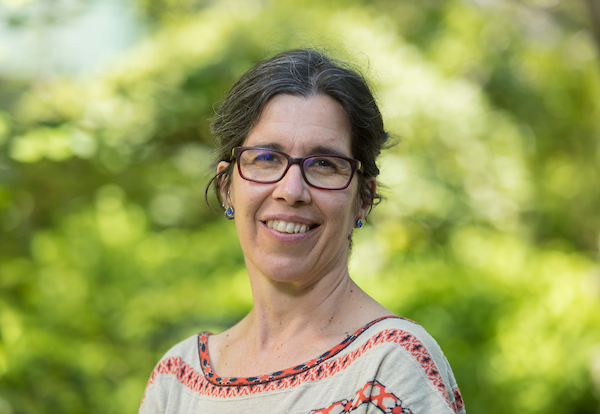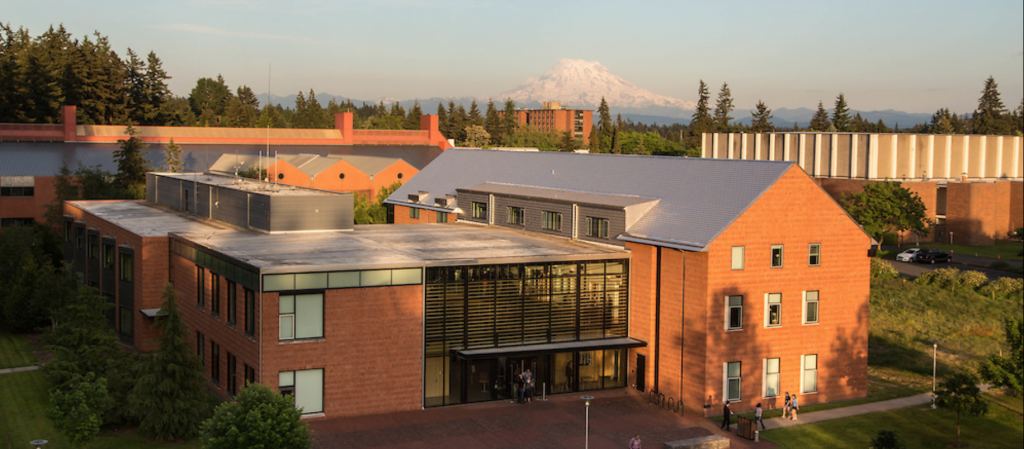Page 16 • (1,461 results in 0.034 seconds)
-
sciences; however, virtually all recommend some coursework in these disciplines in order to develop an understanding of human behavior and society. As of 2015, the revised MCAT exam will test concepts from psychology and sociology in the Psychological, Social and Biological Foundations of Behavior section of the exam. In addition, the Critical Analysis and Reasoning Skills section of the revised MCAT may include passages from cross-cultural studies (anthropology, communication and culture, etc.) and
-
sciences; however, virtually all recommend some coursework in these disciplines in order to develop an understanding of human behavior and society. As of 2015, the revised MCAT exam will test concepts from psychology and sociology in the Psychological, Social and Biological Foundations of Behavior section of the exam. In addition, the Critical Analysis and Reasoning Skills section of the revised MCAT may include passages from cross-cultural studies (anthropology, communication and culture, etc.) and
-
will address the principles that hold for complex numbers such as, addition, multiplication, and operations on complex numbers. Furthermore, we can analyze different complex numbers through matrices and geometric representation. Finally, we will connect the representations and properties to the three high school standards for complex numbers in Common Core Standards.Saturday, May 5th, Room 2169:00am – Exploring the Behavior of Two Dimensional Oscillators Ashley Clendenen This paper is an
-
knowledge in practical ways. The breadth of study allows students to integrate their knowledge from various sub-disciplines and understand different methodological approaches. At the same time, the curriculum provides room for students to pursue their special interests in depth. Therefore, biology graduates are prepared for a wide range of opportunities after graduation. The upper-division courses are grouped by major conceptual ideas as such ideas are applied at the different levels of biological
-
applied. Prerequisite: MATH 151 or placement into MATH 152. (4) MATH 253 : Multivariable Calculus An introduction to vectors, partial derivatives, multiple integrals, and vector analysis. Prerequisite: MATH 152. (4) MATH 287 : Special Topics in Mathematics To provide undergraduate students with new, one-time, and developing courses not yet available in the regular curriculum. The title will be listed on the student term-based record as ST: followed by the specific title designated by the academic unit
-
induction, proof by contradiction, and predicate calculus, will be taught and applied. Prerequisite: MATH 152 or MATH/STAT 242. (4) MATH 253 : Multivariable Calculus - NS An introduction to vectors, partial derivatives, multiple integrals, and vector analysis. Prerequisite: MATH 152. (4) MATH 287 : Special Topics in Mathematics To provide undergraduate students with new, one-time, and developing courses not yet available in the regular curriculum. The title will be listed on the student term-based
-

Sociology major Allen Tugade ’24 has been a dynamic researcher and student leader at PLU Posted by: Zach Powers / May 28, 2024 Image: (Photo by Sy Bean/PLU) May 28, 2024 By Fulton Bryant-Anderson ’23PLU Marketing & Communications Guest Writer As a student, Allen Tugade ’24 engaged in academic and applied sociological research on the student population of Pacific Lutheran University. Tugade was a member of Choir of the West and a well-known student leader on campus, serving as a Wild Hope Fellow
-
preparation, coordination, sampling, analysis, and evaluation of laboratory and field data. This position will support staff with projects and programs for wastewater, surface water, ground water and solid waste. Qualifications: Enrollment in a college-level science course work designed to result in a Bachelor’s or Master’s degree in Chemistry OR related science with at least a minor in Chemistry. Physical Requirements and Working Conditions: Most work is performed indoors in an Environmental Laboratory
-

analysis of a large traffic stop dataset to facilitate conversations around systemic racism, Las Vegas, NV (attended virtually) (February 2022) Workshop at Thirteenth Annual Northwest Conference on Teaching for Social Justice, Warm-up routines for an anti-racist mathematics classroom, Virtual (October 2020) Selected Articles Simic-Muller, K. "Noticing and Wondering to Rehumanize Mathematics Classrooms." PRIMUS Vol. DOI: 10.1080/10511970.2022.2073624, 2022: Fairbairn L., Jackson, K., & Simic-Muller, K
-

– Tacoma with a degree in Marketing. He is excited for the “long term knowledge and skills that [he] will attain from the [MSMR] program.” When he’s not working or at school he likes to workout, play basketball, or watch TV.Matt FrettMatt, like Segun, graduated from University of Washington – Tacoma with a degree in Marketing. Matt is really into sports – he loves to golf and watch his favorite teams, the Huskies, Seahawks, and Mariners. “I particularly enjoy the data analysis part of the MSMR program
Do you have any feedback for us? If so, feel free to use our Feedback Form.


